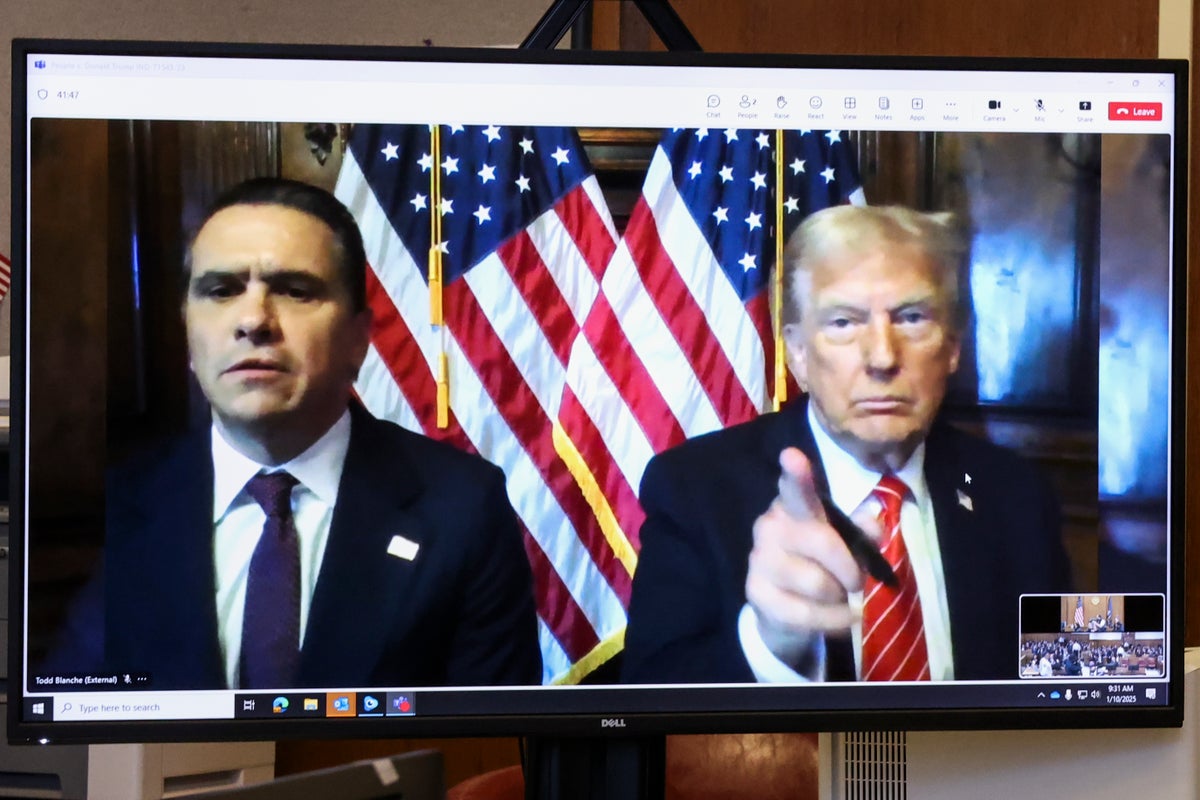After the publication of the nationality data of last year’s census by the Statistical Office, the Association evaluated them in a press conference. On behalf of the united Hungarian party, President Krisztián Forró, OT President László Sólymos, József Berényi (President of the MKP Platform), Konrád Rigó (Head of the Bridge Platform) and Pál Zachar from the Coherence Platform
As is well known, two nationalities could be identified in the 2021 census. In the first place, 422,065 people declared themselves to be of Hungarian nationality, which is 7.75% of the population of Slovakia. Ten years earlier, there were 36,402 more Hungarians, but at that time only one nationality could be chosen. Now another 34,089 people marked Hungarian nationality in the second place, ie a total of 456,154 people declared themselves to be of Hungarian nationality in some form.
The number of Hungarian-speaking people was 462,175 in 2021, the decrease was larger here (508,714 ten years earlier), and the number was 46,539 less.
Krisztián Hot thanked everyone who filled in the census form. He sees that according to ethnic data, Hungarians in the Highlands are still a vibrant community. There is plenty of work to be done, as our decline has not stopped, but it has become smaller.
The party chairman emphasized that the Alliance in order to ensure that, in Slovakia, according to aggregate data, Hungarians in the Highlands benefit from rights related to ethnic numbers, including subsidies.
In connection with this, József Berényi pointed out that the data on nationality are not only statistical data for the Hungarian community, but also the basic numbers of the enforcement of minority rights in Slovakia. He noted with regret that the number of members of Christian churches in Slovakia had decreased again, but this was a European trend.
László Sólymos highlighted the increase in the number of mixed marriages. He said that Hungarian cards and anti-Hungarian sentiment do not have as much of a role in Slovakia today as they did a few decades ago. He called the data hopeful
Paul Zachar drew attention to the late release of census data compared to other countries, even though it was now collected electronically. He also pointed out that data were still missing, so the Association would immediately contact the authorities to replace them.
(Norbert Oriskó / Felvidék.ma)
Note: This article has been indexed to our site . We do not claim legitimacy, ownership or copyright of any of the content above. To see the article at original source Click Here












